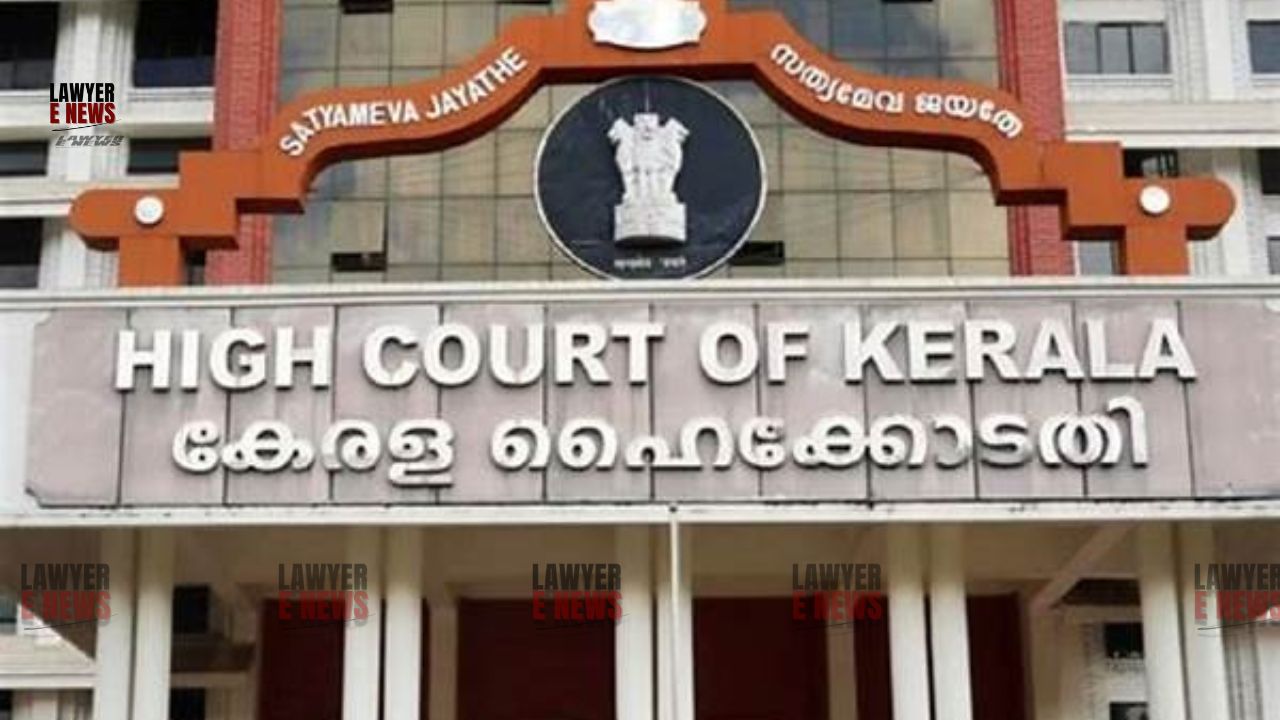-
by Admin
15 February 2026 5:01 PM



The court restrains the respondent from alienating assets, emphasizing that Section 9 petitions are maintainable even before enforcing foreign awards. The High Court of Kerala has issued an interim injunction restraining Sharath Thazhathe Veedu from alienating or encumbering his properties in an effort to enforce a Swedish arbitral award. Justice G. Girish delivered the judgment on June 13, 2024, reaffirming the applicability of Section 9 of the Arbitration and Conciliation Act, 1996, to international commercial arbitration, even if the place of arbitration is outside India. This decision provides significant guidance on the enforcement of foreign arbitral awards within Indian jurisdiction.
The petitioners, Concilium Marine Group AB and its parent company Concejo AB, sought an interim injunction under Sections 2(1)(e), 2(2), and Section 9 of the Arbitration and Conciliation Act, 1996, to prevent Sharath Thazhathe Veedu from alienating or encumbering properties before the satisfaction of the arbitral award dated January 30, 2023. The award arose from arbitration proceedings in Sweden, where the tribunal dismissed the respondent's claims due to lack of jurisdiction but awarded costs and interest to the petitioners. The awarded amounts totaled Rs. 8,95,44,507/- plus additional costs and interest.
Maintainability of the Petition: The respondent contested the maintainability of the petition, arguing that such interim measures under Section 9 should be sought only after the arbitral award's enforcement is confirmed under Section 48 of the Act. However, the court dismissed this contention, noting that "the provisions of Section 9 apply to international commercial arbitration even if the place of arbitration is outside India" as long as the award is enforceable under part II of the Act. The court further cited precedents from the High Courts of Telangana, Bombay, and Gujarat to support this interpretation.
Jurisdictional Competence: Justice Girish addressed the respondent's argument concerning the arbitral tribunal's jurisdiction, stating, "The tribunal's determination of its lack of jurisdiction does not invalidate the award for costs and interest as per Sections 37 and 42 of the Swedish Arbitration Act." The court emphasized that the arbitral tribunal had the discretion to award costs even while determining its lack of jurisdiction over the main dispute.
Enforcement and Interim Relief: The judgment clarified that Section 9 allows for interim relief "before the commencement of arbitral proceedings, during their pendency, or after the making of the arbitral award but before its enforcement." The court asserted that the petitioners are entitled to seek interim measures to prevent the dissipation of assets pending the enforcement of the arbitral award.
Justice Girish remarked, "The challenge against the legal sanctity of the arbitration award, which is one confined to the costs and interest on costs, is devoid of merit". He also highlighted the importance of protecting the rights of the award holder, stating, "A court can step in to protect an asset from being diverted or dissipated, ensuring the holder of a foreign award can proceed against the assets of the opposite party before they get dissipated or alienated".
The High Court's decision underscores the Indian judiciary's supportive stance on the enforcement of foreign arbitral awards and the provision of interim relief under Section 9 of the Arbitration and Conciliation Act. By affirming the maintainability of the petition and granting the interim injunction, the court has paved the way for the petitioners to seek enforcement of the Swedish arbitral award while safeguarding their interests against potential asset dissipation by the respondent. This judgment is a significant precedent for future cases involving the enforcement of international arbitration awards in India.
Date of Decision: June 13, 2024
